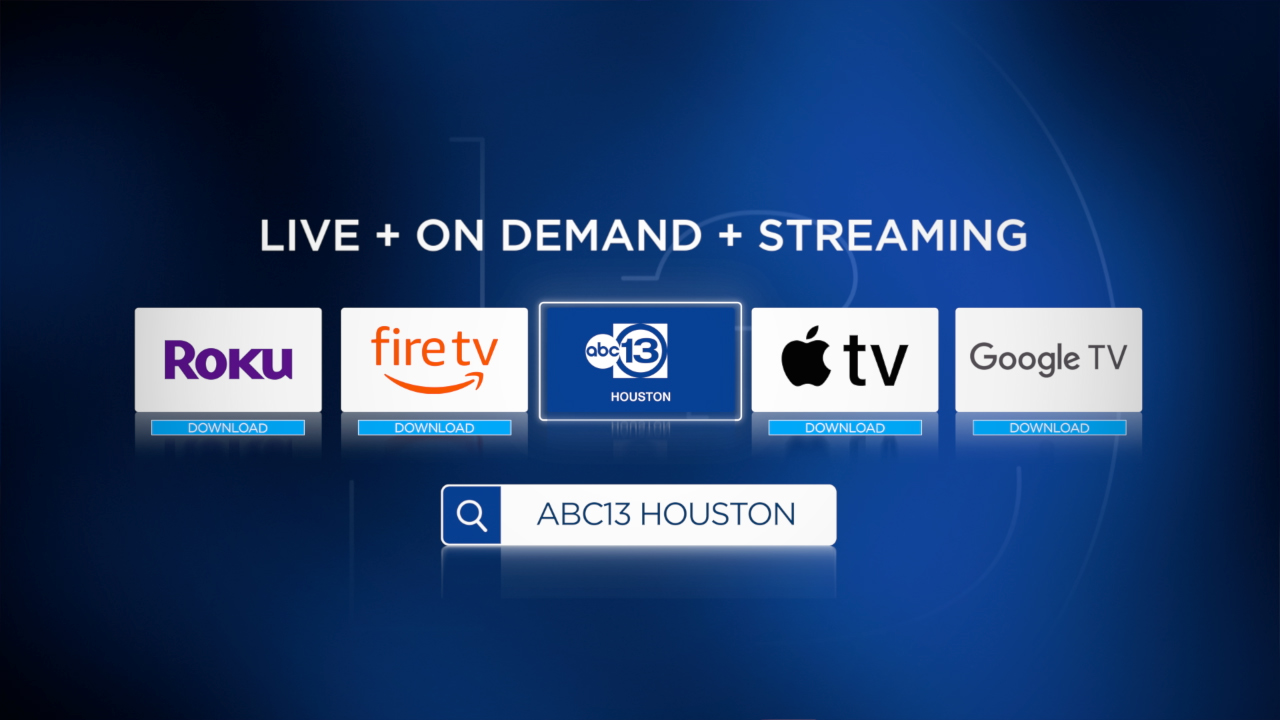National figures spar over Black reparations in ABC13-UH debate
HOUSTON, Texas (KTRK) -- Should Black Americans whose ancestors were slaves receive financial compensation?
Two nationally-renowned scholars faced off on the subject of reparations Thursday in an ABC13- University of Houston Hobby School of Public Affairs debate.
Eyewitness News anchor Chauncy Glover moderated the hour-and-a-half long conversation, featuring reparations advocate Rashawn Ray, of the University of Maryland and Brookings Institution, and opponent Richard Epstein, of New York University Law and Hoover Institution.
Epstein and Ray considered everything from the role of reparations commissions to predictions on racial politics after possible reparations.
Both also touched on how racial politics are being reflected across the country, including in Tuesday's gubernatorial election results in New Jersey and Virginia.
While the debate opponents found common ground to support private sector solutions to racial inequality, Epstein and Ray agreed on little else.
Ray said reparations are a solution to a debt owed, and proposed a 21st century New Deal program on housing, education and business ownership to help generate more equity for Black Americans.
The sociologist also argued for the need for restorative justice, including accurate portrayals of American history through the eyes of Black people and other underserved communities.
In lieu of reparations, Epstein said more emphasis should be placed on leveling the playing field and said deciding eligibility for proposed reparation programs could be problematic, even confusing.
The legal scholar also sounded a warning, predicting a "firestorm of resistance" from those who would ultimately be saddled with paying the bill for reparations, fueling deeper racial divisions in the U.S.
"The world is going to blow up," Epstein said.
A 2020 ABC News poll produced by Langer Research Associates found a majority of Americans, 63 to 31%, oppose paying money to Black Americans whose ancestors were slaves as compensation for that slavery.
Support for reparations has grown, however, from 19% in 1997. Opposition is down 14 points, from 77% in 1997.











